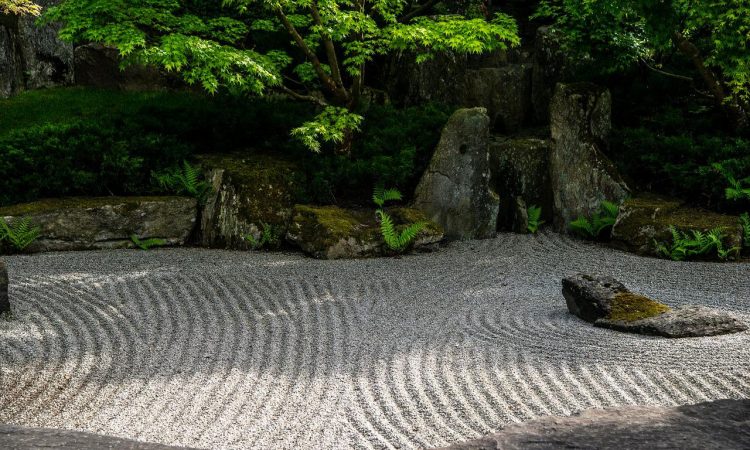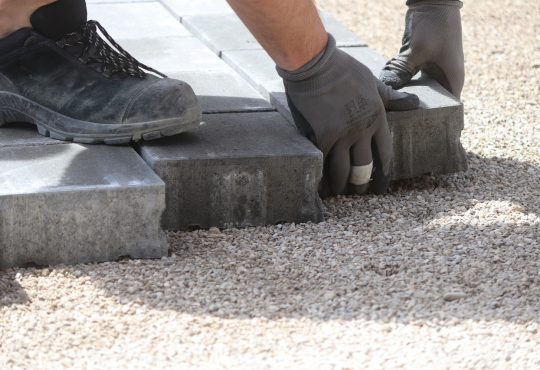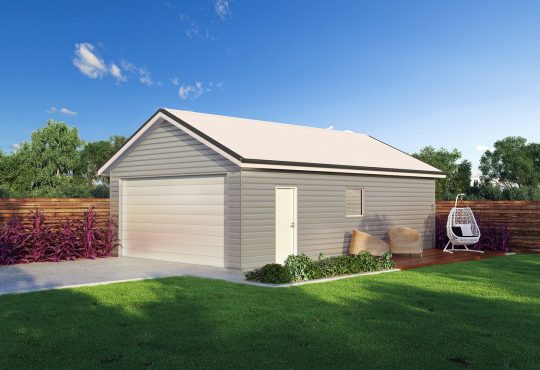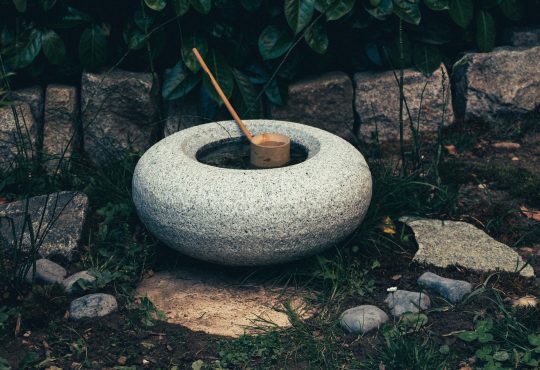Creating a Zen garden is one of the ways to make a place for meditation. While some people are trying to achieve pacification by the influence of “cold” colors, you can achieve the same goal by creating a small rock garden in your yard in order to enjoy serenity.
What is a Zen garden?
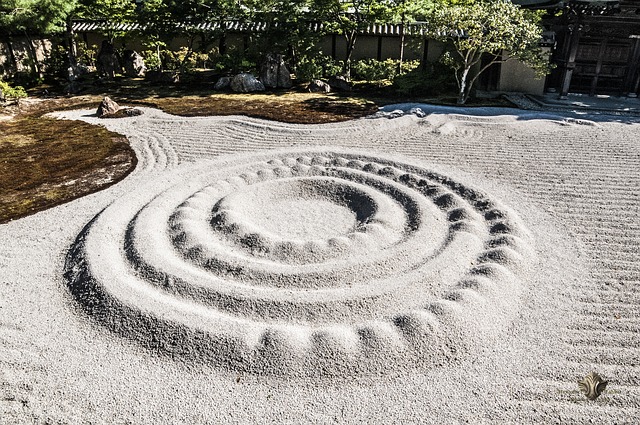
Such garden consists mainly of gravel, stones and boulders, for which it was awarded the name “dry garden”. It does not have the usual abundance of greenery, lush flowers and outlandish plants. Everything is extremely minimalistic and intimate, because the Zen garden was created primarily for leisurely walks, relaxation and deep meditation.
It is customary to refrain not only from planting plants in a real Japanese garden. Even the appearance of moss or a water source is not allowed here. The Japanese believe that for a complete immersion in self-knowledge, it is enough that there are only large boulders in the garden, which are surrounded by wavy lines of gravel. There must be an odd number of boulders, and it is desirable to draw the lines so that it is impossible to determine their beginning and end.
Learn below how to create a Japanese garden in the UK.
Zen garden can be created everywhere
One of the most important properties of a Japanese garden is that you can create it almost anywhere: near the house, on the terrace, and even… on your own desktop. To do this, you only need a small wooden container, which you need to fill with sand or gravel to the top, make a composition of stones in it and, if desired, apply long curved lines around the stones, resembling ripples of water.
Meditation in the fresh air
Zen garden is an island of peace and tranquility. Its history dates back several millennia ago, when small oases for meditation began to be created in Japanese temples and monasteries. Today, Zen garden care is an integral part of the educational program that everyone who wants to become a Buddhist monk goes through.
Zen garden for everyone
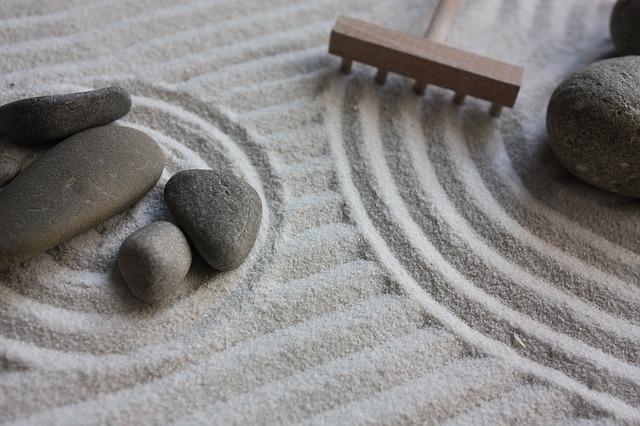
Perhaps the main advantage of a Zen garden is its flexibility. It will easily adapt to any climatic conditions and to any size of the site, and care for it will not require much time. Unlike a traditional garden, the design of a Zen garden can be changed and improved at least every day, or it can be left in its original form for months. Stones, moss and gravel require much less attention than live plants.

